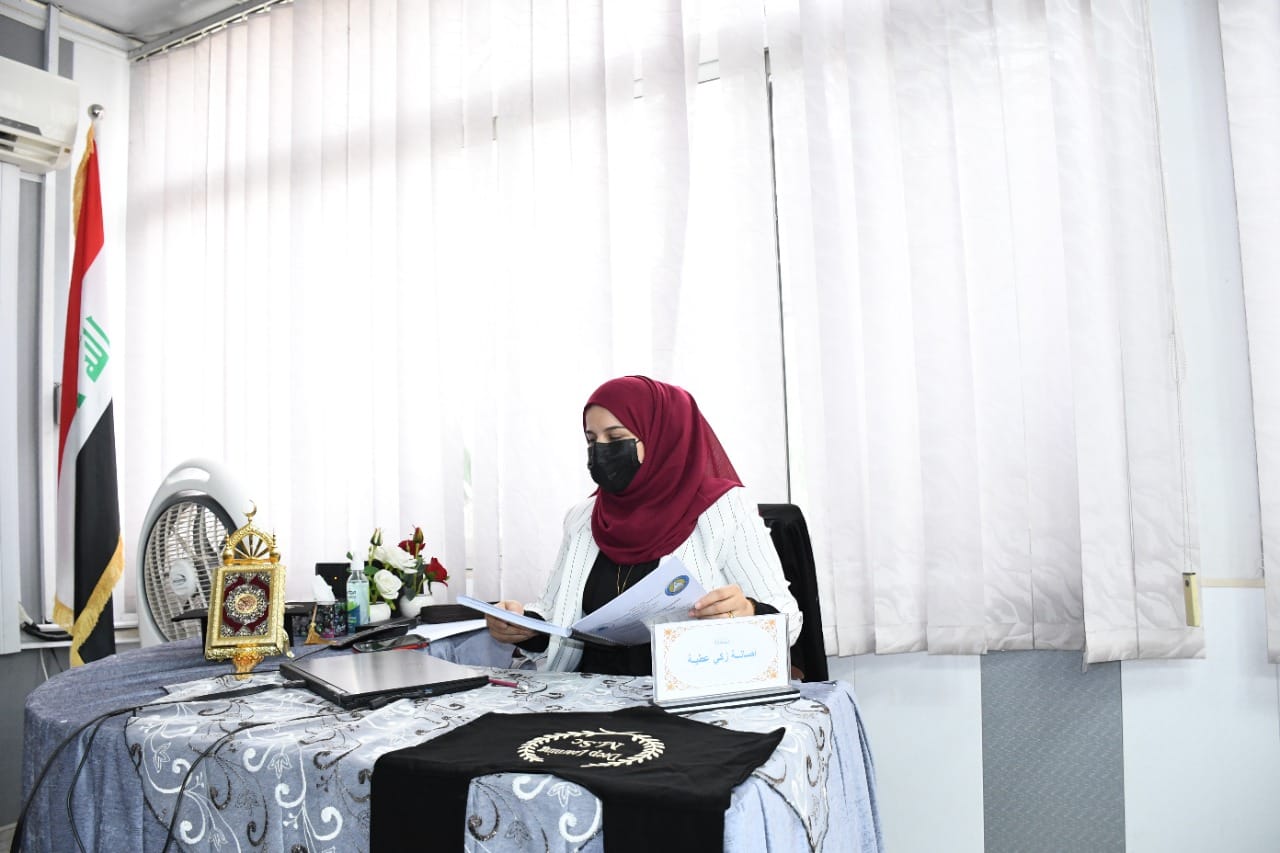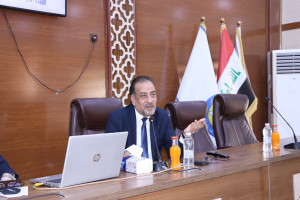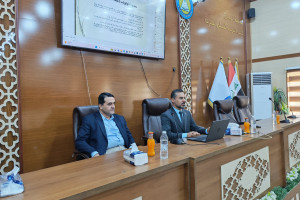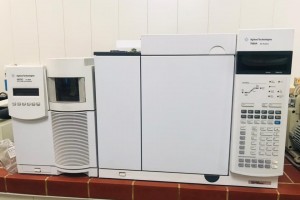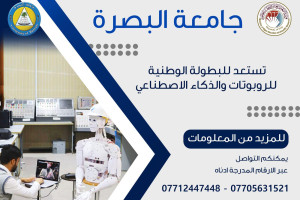
The College of Education for Pure Sciences, Department of Computer Science, discussed a master’s thesis on improving the MRI slicing algorithm on the human brain.
The message presented by the researcher (Asala Zaki Attia) included
The complexity of brain tumor dissection is fundamental to medical image processing. Brain tumors can be fatal or change everything for a patient. Diffuse astrocytoma is the most common malignancy of the central nervous system in adults, with heterogeneity in appearance, morphology, and histology. Early diagnosis of brain tumors is critical to improving treatment and patient survival. Cutting the MRI slide to extract the tumor area is a difficult and complicated process if it is performed manually by the doctor, especially if there are a large number of slides to be cut. This requires double effort on the part of the specialist, high concentration and great accuracy to determine the borders of the tumor correctly.
Therefore, to solve this problem, we optimized an accurate model using an efficient MRI slice brain tumor cutting algorithm. Brain tumor automatic segmentation was performed using the proposed algorithm, EfficientNetB7-UNet .
message objectives
The aim of this work is to perform an automated cutting of brain tumors and extract the tumor area with clear boundaries, and also to reduce the workload on the specialist doctor
The message was deduced
The experimental results of the BraTS 2020 high-grade glioma (HGG) data set showed an Accuracy score of 0.9874. As for the data for low-grade glioma (LGG), the results showed that the Accuracy score was 0.9897. According to the experimental results, the proposed algorithm, EfficientNetB7-UNet, showed that it works in an excellent and vital way in severing brain tumors.
